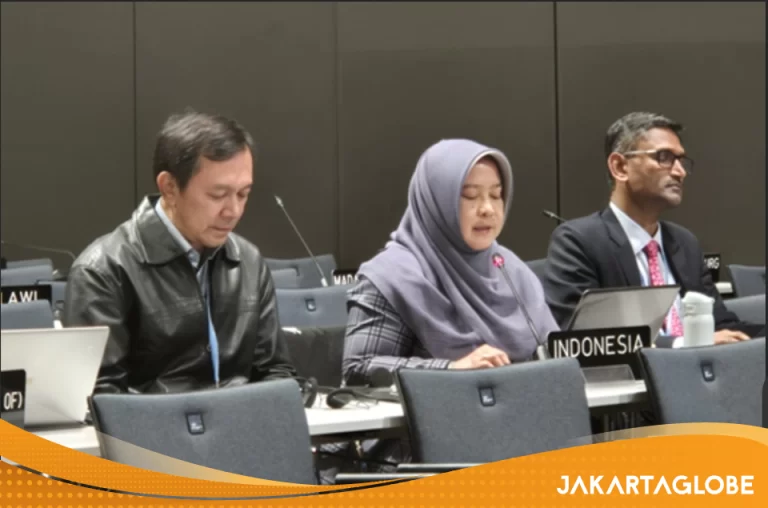Jakarta. The 60th meeting of the Subsidiary Body (SB) of the United Nations Framework Convention on Climate Change (UNFCCC), held in Bonn, Germany from 3 to 14 June, aimed to promote international cooperation on climate change through of carbon trading. An important conclusion was that carbon trading with foreign partners requires consent from the host country.
Director General Laksmi Dhewanthi, representing the delegation of the Republic of Indonesia, underlined the importance of this agenda, especially in the context of Article 6 of the Paris Agreement. Discussions covered methodologies, authorization procedures and corresponding adjustments to avoid double counting and reporting requirements.
The meeting’s draft conclusions will be discussed at COP 29 UNFCCC in Baku, Azerbaijan in November. The meeting concluded that the transfer of carbon units to foreign partners for the fulfillment of Nationally Determined Contributions (NDCs) and other international purposes must be approved by the host country.
Detailed methodologies for corresponding adjustments will be a focal point at COP 30 in 2025. Although agreement on electronic reporting formats for intercountry cooperation under Article 6.2 is pending, cooperation can proceed independently.
As National Focal Point (NFP) for Indonesia, Laksmi highlighted the critical role of NFPs in identifying and implementing climate actions, using the UNFCCC’s non-market-based web platform for reporting.
The meeting also identified themes for the 2024 work program, emphasizing natural resource management and encouraging stakeholder engagement in NDC contributions through foreign cooperation, especially in land-based sectors such as agriculture and forestry.
“Indonesia advocates a stakeholder role in NDC contributions without transferring carbon units abroad, especially in land-based activities,” Laksmi said in a statement on Saturday.
In addition to the official agenda, Verra, a non-profit organization specializing in carbon credit programs, organized discussions on voluntary markets under Article 6 of the Paris Agreement. They emphasized the need for host countries to make corresponding adjustments to avoid double counting and maintain registry balance, except for proposed labeling purposes of overseas companies, which would require corresponding adjustments by the host country.
Keywords: keywords:


